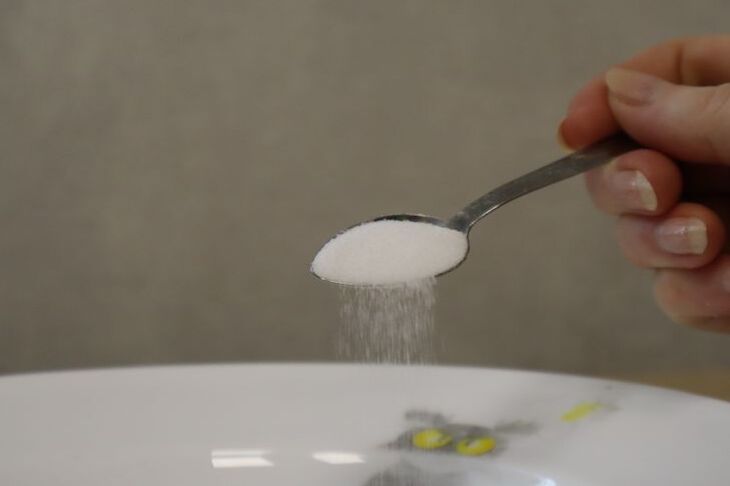Is it possible to completely eliminate salt from your diet: the unexpected truth
Everyone is faced with conflicting information about salt.
Numerous diets and medical recommendations create a real information chaos around this product.
A Scientific Look at Salt
Medical research has convincingly proven the importance of salt for the normal functioning of the human body.
Sodium is one of the essential minerals that participate in the functioning of the nervous system, regulate water balance and ensure muscle contraction.
Physiological role of the mineral
Endocrinologists emphasize the vital role of salt in metabolic processes.

A lack of sodium can cause serious problems with the cardiovascular system and provoke problems with the kidneys and nervous system.
Consequences of total exclusion
Abruptly stopping salt consumption becomes stressful for the body.
Experts warn of possible negative consequences: decreased immunity, hormonal imbalances, problems with blood pressure.
Daily intake rate
Russian nutritionists recommend that adults consume no more than five grams of salt per day.
Exceeding the norm can lead to the development of cardiovascular diseases, edema and hypertension.
Alternative sources of minerals
Seaweed, seafood, and animal liver contain the necessary amount of sodium.
A properly composed diet can provide the body with minerals without adding table salt.
Quality of salt
Special salt with reduced sodium content becomes an excellent alternative to traditional products.
Potassium and magnesium supplements help balance mineral metabolism.
Individual approach
Each organism has its own metabolic characteristics.
Doctors recommend regular check-ups and consultations with specialists to determine your individual salt intake.
Psychological aspect
A complete rejection of salt can cause discomfort and reduce the quality of life. Psychologists advise finding a balance between healthy eating and the pleasure of eating.
Preventive measures
Doctors recommend gradually reducing salt intake, replacing it with herbs and spices.
The Mediterranean diet offers a variety of delicious, low-salt options.
